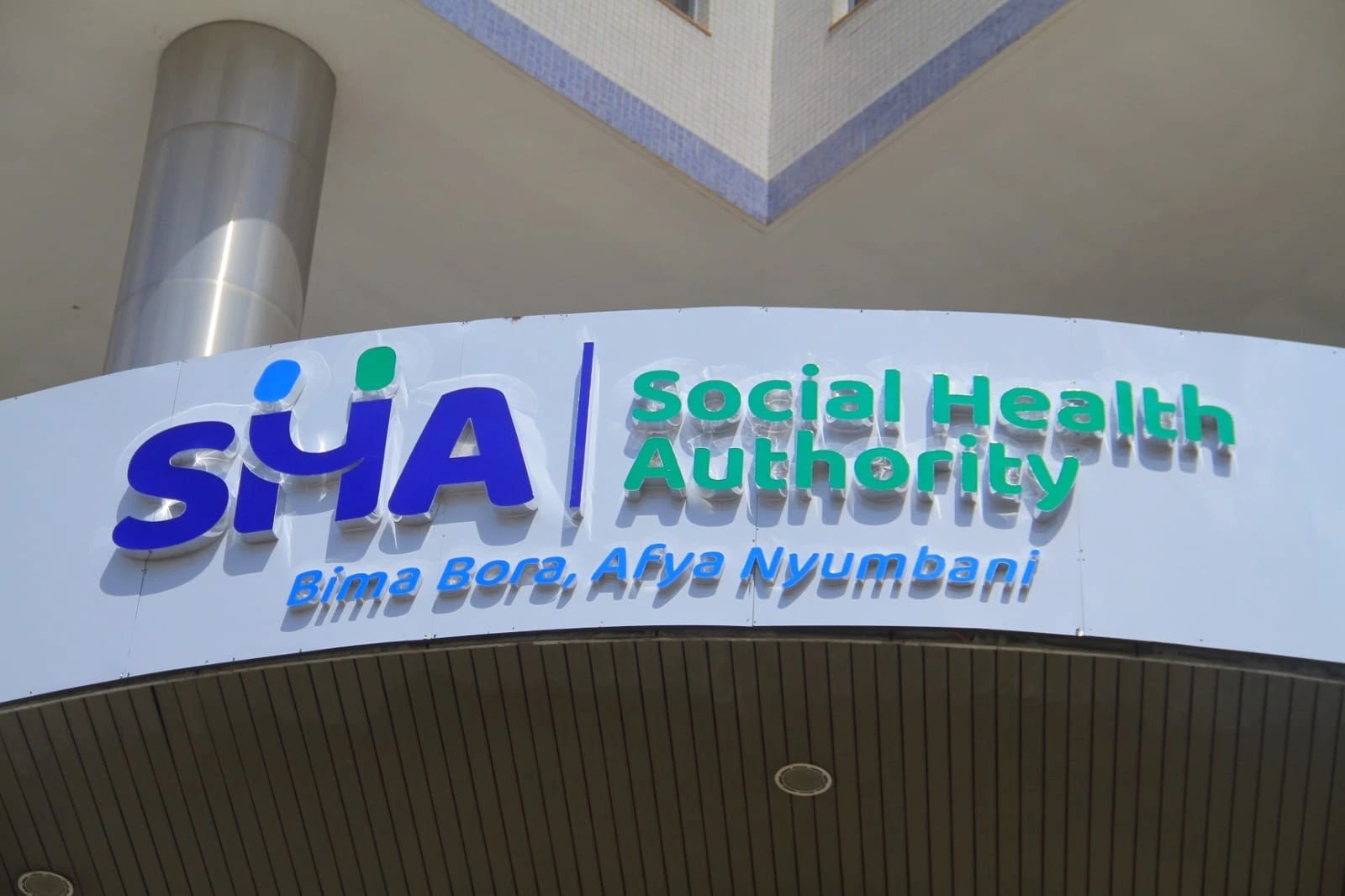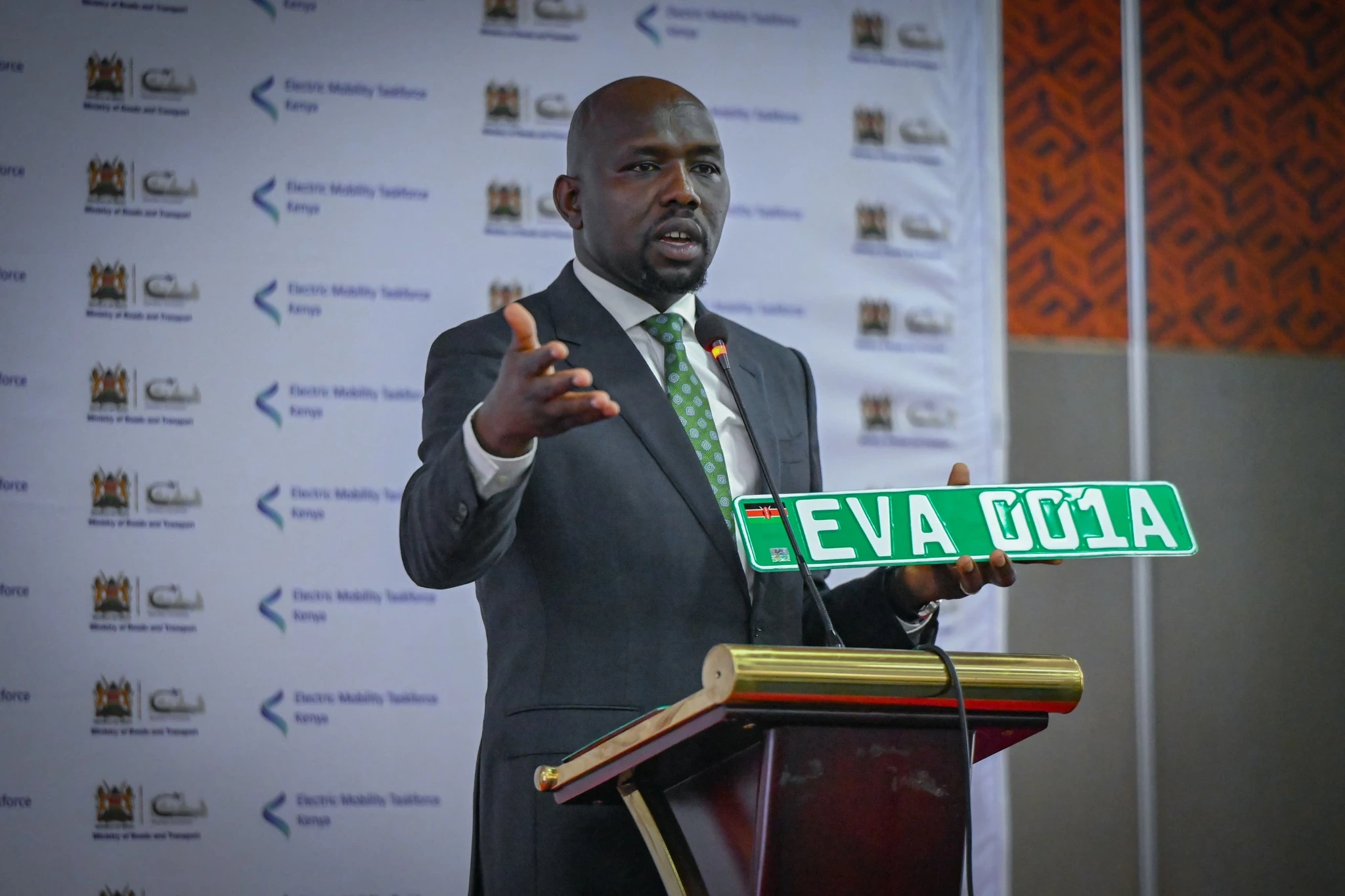
Government to Introduce Daily Mobile Deductions for Informal Sector Health Contributions
The government is about to make health insurance much more accessible to Kenyans in the informal sector. That's where Moses Kuria, Senior Advisor to the President on the Council of Economic Advisors, comes in. He announced the new plan during a visit to Nandi County on April 2. Kuria was there for the launch of the Community Health Promoters initiative and the Boda Boda Incentive Programme for mass registration of Taifa Care.
Under the Social Health Insurance Act of 2023, employed Kenyans are supposed to contribute 2.75% of their gross salary to the Social Health Authority (SHA). Those without a steady income—or whose income is just too low—are expected to pay at least Ksh300 a month. But many Kenyans still struggle to meet even that basic requirement.
To help with that, the government is introducing a new model called "Lipa Pole Pole" (that's "pay a little at a time" in Swahili). SHA contributions will be deducted automatically from mobile money accounts in small, manageable amounts. Kuria says this system—developed with mobile service providers—is designed to ease the burden on those living on the very edge.
"We want to make life easier for Kenyans," Kuria said. "We're about to launch a revolution. Soon, people will be able to sign up to the health scheme and make those small payments—starting at just Ksh50 a time." That's roughly the same way we subscribe to ringtone services. "You get a notification on your phone before the deduction happens," he explained. "Your health contribution is taken care of."
To get more people on board, Community Health Promoters will get Ksh20 for every new member they register into the SHA programme. That's a pretty strong incentive.
As of now, 20.8 million Kenyans have registered under SHA, along with 5.7 million dependents. Mombasa, Bomet, Nyeri, Elgeyo Marakwet and Kirinyaga are the counties leading the charge. But only 5 million people are actively contributing. That gap in participation is what the government is trying to bridge with this new model.
SHA was rolled out in October 2024, replacing the old National Hospital Insurance Fund (NHIF) as part of a broader universal health coverage strategy.


